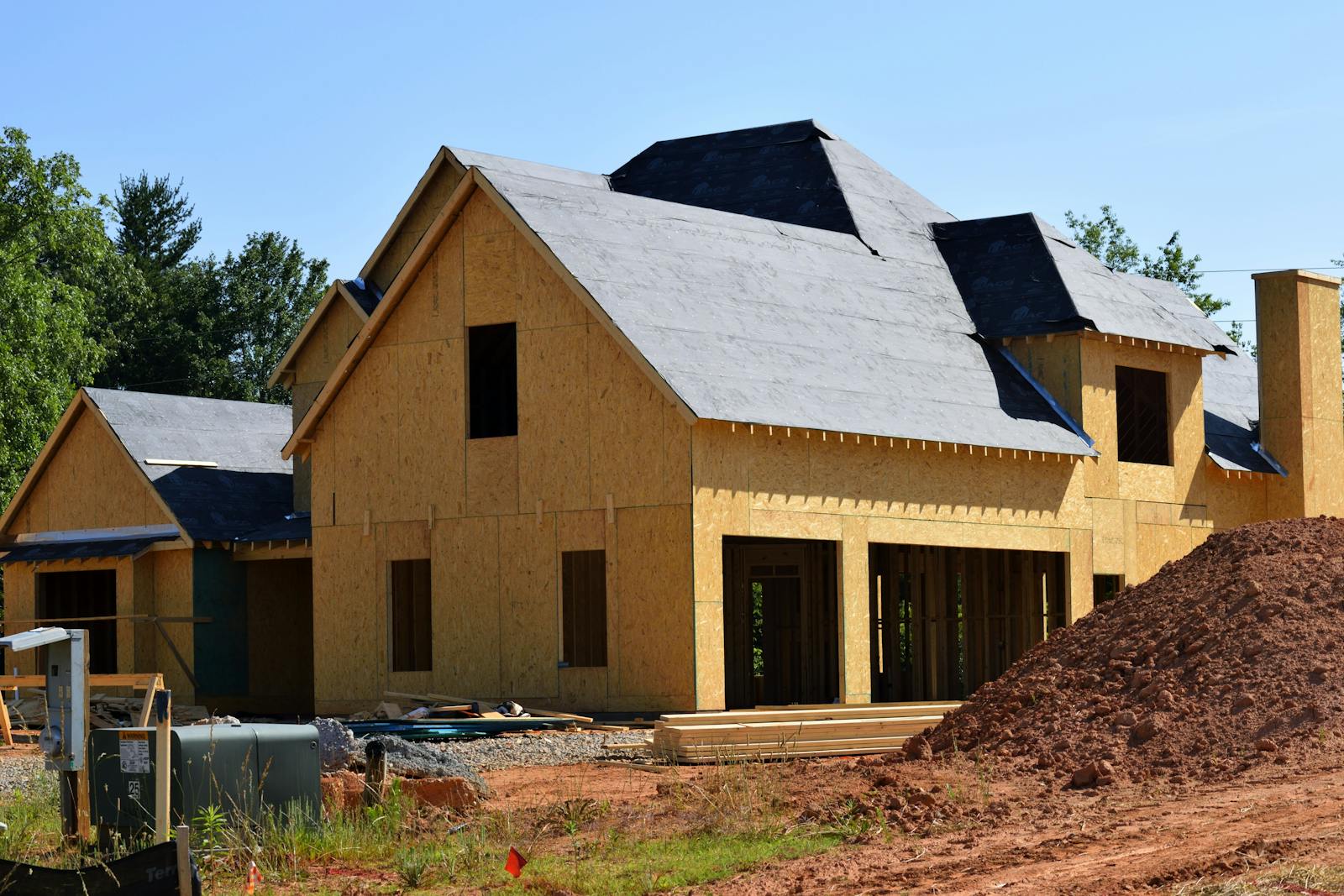Taken from TRREB Toronto Regional Real Estate Board
October 31 2024
TRREB works closely with OREA and elected officials at Queen’s Park to fight for public policy that builds more housing and supports the business of real estate.
As part of our important work, we monitor government announcements for issues that impact you and your business. Yesterday, Finance Minister Peter Bethlenfalvy announced the 2024 Ontario Economic Outlook and Fiscal Review, also referred to as the Fall Economic Statement.
The Fall Economic Statement is a mid-year update provided by a government that serves as a supplement to the annual budget, offering a revised look at economic forecasts, revenue, and spending for the fiscal year, and any changes in government priorities or initiatives.
Here are three key highlights of the Statement, including items specific to housing and real estate:
Cost of Living and Tax Relief: Support for Ontario Families
Several new measures are being introduced to ease the financial burden on Ontario residents:
Temporary Gas and Fuel Tax Cuts: The province has extended the temporary gas and fuel tax cuts until June 30, 2025. The temporary reductions include a cut of 5.7 cents per litre on gasoline and 5.3 cents per litre on diesel fuel.
Taxpayer Rebate: In early 2025, Ontario taxpayers will be eligible for a one-time rebate of $200 per person, with an additional $200 for each child. You must be a resident of Ontario and file an income tax return to qualify for the rebate. Ontario taxpayers who file their tax returns will automatically qualify for the rebate. The rebate extends to each dependent child in a family.
Real Estate and Housing: Key Policy Changes
The Ontario government is introducing important measures aimed at supporting a fair and affordable property tax system and promoting housing supply:
Supporting a Fair and Affordable Property Tax System: The government continues its review of the property assessment and taxation system with a focus on fairness, affordability, business competitiveness, and modernized administration. Provincewide property tax reassessments remain deferred while this review is underway. TRREB is preparing research to support the government’s consultations and will release it in the coming months. Key priorities identified through consultations so far include:
Affordable Rental Housing: Municipalities will be able to reduce municipal tax rates on affordable rental housing through the creation of an optional property tax subclass.
Student Housing: A legislative amendment will provide consistent treatment for university-operated student housing, ensuring fair taxation regardless of whether the institution’s tax status is governed by the Assessment Act or an institution-specific statute.
Information Sharing: The province is working with the Municipal Property Assessment Corporation (MPAC) to enhance information sharing and develop new digital solutions to improve municipal planning and property assessments. These initiatives will include broader municipal access to MPAC data and public access to assessment roll information via a centralized platform.
Housing Supply Progress: In 2023, Ontario came close to achieving its goal of creating 110,000 new homes, with 109,011 homes built. The target for 2024 is to construct 125,000 new homes, reflecting the province’s ongoing commitment to its broader goal of 1.5 million new homes by 2031. The mix of housing includes additional residential units, student housing, and long-term care facilities.
Addressing Financial Crimes in Real Estate: The government has announced that it is exploring the creation of a registry requiring private corporations to submit information on their beneficial owners. A beneficial ownership registry will help combat fraud and the use of real estate to launder illicit funds. A registry will provide law enforcement with tools to better detect and prevent financial crimes such as tax evasion and money laundering, which have significant implications for the real estate sector.
Economic Outlook: Real Estate Market, Economic Projections, and Ontario’s Fiscal Health
While 2024 has presented challenges, including elevated interest rates, the Fall Economic Statement presents a cautiously optimistic outlook for the real estate market, economy, and the province’s fiscal health:
Real Estate Market Recovery in 2025: The housing market is expected to recover in 2025 as interest rates ease. Housing starts, home resales, and home prices are projected to rebound following the slowdown in 2024. The government’s forecast indicates a steady increase in demand, driven by population growth and improvements in affordability as inflation and interest rates decline. The target remains to build 125,000 homes in 2024, reflecting a renewed focus on addressing housing supply shortages.
General Economic Growth: Real GDP growth for Ontario is projected to slow to 0.9% in 2024 due to the impacts of high interest rates and global economic uncertainty. However, as interest rates are expected to gradually decline, economic growth is forecast to strengthen to 1.7% in 2025, with further growth of 2.3% in both 2026 and 2027. The easing of inflationary pressures and a growing population will contribute to this positive outlook, benefiting sectors like real estate.
Deficit and Debt Projections: Ontario is projected to run a deficit of $6.6 billion in 2024–25, but the fiscal outlook improves significantly over the medium term. The deficit is expected to narrow to $1.5 billion in 2025–26 before achieving a surplus of $0.9 billion by 2026–27. The province's net debt-to-GDP ratio is forecast to remain manageable at 37.8% in 2024–25, reflecting the government’s commitment to fiscal responsibility while making investments in housing and infrastructure.
These updates underscore the importance of staying informed about government policy changes that directly affect our market. You can read the full 2024 Ontario Economic Outlook and Fiscal Review






